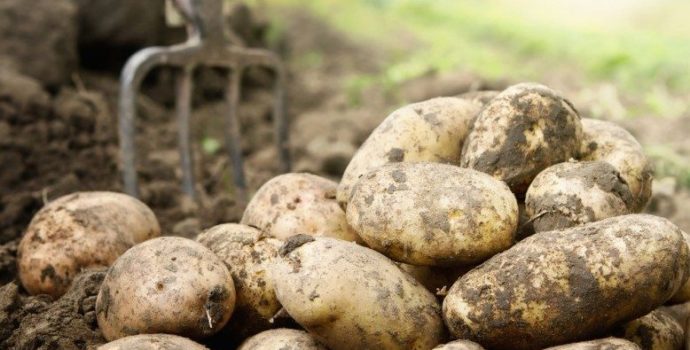Department Failing Farmers on Collection of Fallen Animals
IFA Animal Health Chairman Bert Stewart again raised the difficulties farmers are experiencing with the current Fallen Animal Collection System in a meeting with senior Department of Agriculture officials, specifically on the issue of fallen animal disposal.
He said the difficulties experienced by farmers under the current structures are reaching crisis point in some areas, with exorbitant charges being applied or refusal by knackeries to collect some fallen stock. This is unacceptable and cannot be allowed to continue.
The IFA Chairman strongly criticised the lack of action by the Department of Agriculture in providing a cost effective and competitive fallen animal collection service for farmers in all parts of the country despite the issue being repeatedly raised with them by IFA. “There are more cost effective structures implemented in other EU countries which provide all farmers with a fallen animal collection system at reasonable collection rates. The Department must move to implement similar systems for Irish farmers.”
Following a study tour to Holland, IFA has provided the Department of Agriculture with details of an alternative approach, where one provider services the entire region for fees that are a fraction of those charged to Irish farmers.
Bert Stewart said the application by Department of Agriculture of the 125/km maximum distance requirement for the TSE subsidy scheme removed vital competition from the area and resulted in increased fees being charged to farmers. Despite this, the Department has refused to reverse this decision.
The IFA Chairman said, “The Department has a responsibility to ensure an adequate fallen animal collection infrastructure is provided throughout the country to facilitate farmers in complying with their legal obligations under the animal by products regulations. The current system is not meeting this requirement and must be restructured as a matter of urgency”.
Bert Stewart said the Department of Agriculture must take a more proactive and supportive role in this area which is a legal requirement for farmers and an integral part of our production standards and traceability systems.




